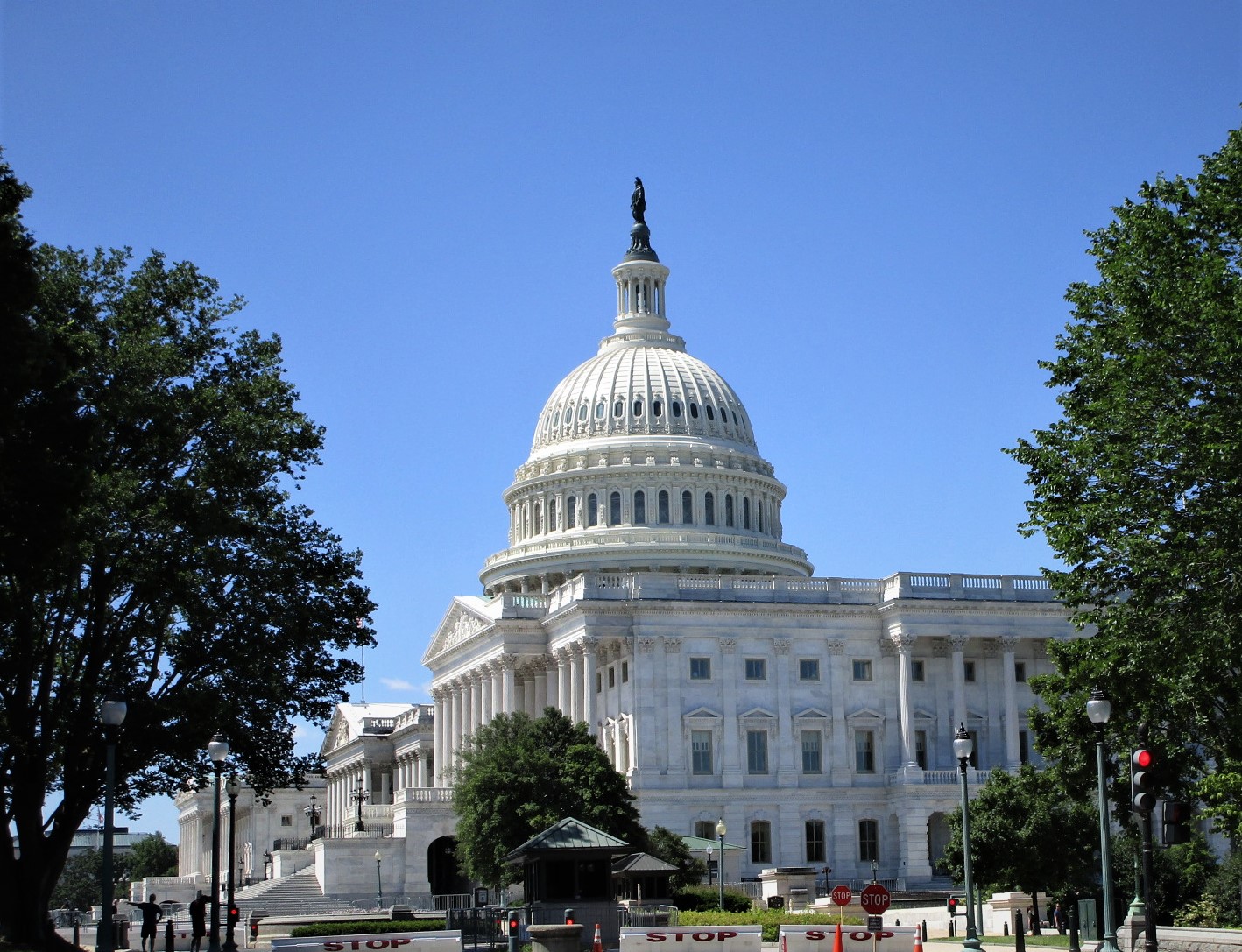Bill Tying Government Bucks to High-Speed Broadband Definition Returns
Sens. Capito, Rosen re-introduce Broadband Parity Act

The smarter way to stay on top of the multichannel video marketplace. Sign up below.
You are now subscribed
Your newsletter sign-up was successful
Senate Commerce Committee members Shelley Moore Capito (R-W.Va.) and Jacky Rosen (D-Nev.) have re-introduced a bill that would standardize the definition of high-speed fixed broadband in government subsidy programs.
The Broadband Parity Act, which the pair introduced in the last Congress, would tell the FCC to get together with other federal agencies to establish a baseline level broadband service ISPs must provide when tapping into federal broadband subsidy programs.
Also Read: Need for Video Speed
"The pandemic has shown us that far too many families lack adequate internet connectivity--limiting their ability to learn virtually, telework, and access services,” said Rosen. "By removing inconsistencies in service and improving broadband access, this bill takes an essential step toward equal access to health care, education, and economic opportunity."
Last year, the bill would have set the bar at the FCC's 25 Mbps download/3 Mbps upload speed, but the current FCC is likely to set a higher target.
Specifically, the bill would require the FCC and any other agency that provides broadband assistance money--HUD, USDA and Commerce among them, to establish a baseline definition for high-speed broadband service.
The bill would not apply to the billions of dollars in emergency COVID-19-related broadband subsidy money for telehealth, remote learning and low-income residents already being handed out by the FCC. But the Biden Administration has proposed an additional $100 billion in broadband infrastructure investment in his American Jobs Plan, though it has also signaled that price and competition, as well as speed, should be in the definition of broadband availability.
The smarter way to stay on top of the multichannel video marketplace. Sign up below.
Contributing editor John Eggerton has been an editor and/or writer on media regulation, legislation and policy for over four decades, including covering the FCC, FTC, Congress, the major media trade associations, and the federal courts. In addition to Multichannel News and Broadcasting + Cable, his work has appeared in Radio World, TV Technology, TV Fax, This Week in Consumer Electronics, Variety and the Encyclopedia Britannica.

